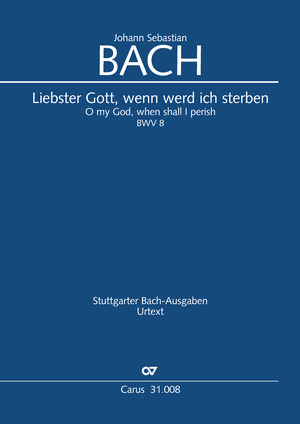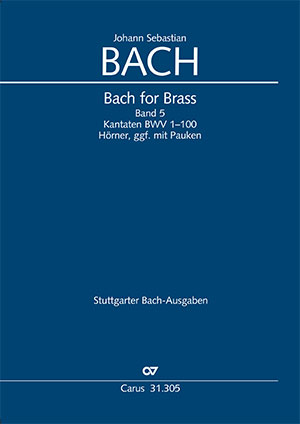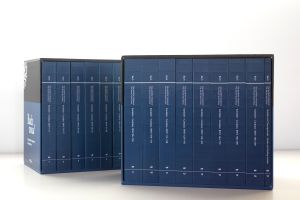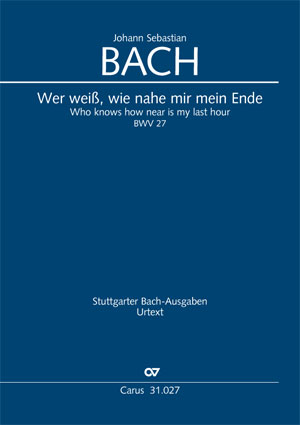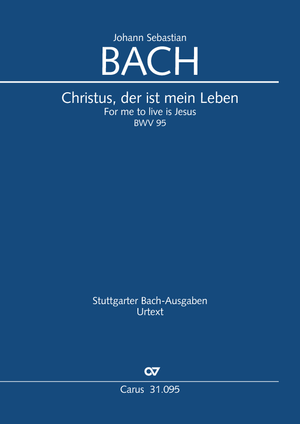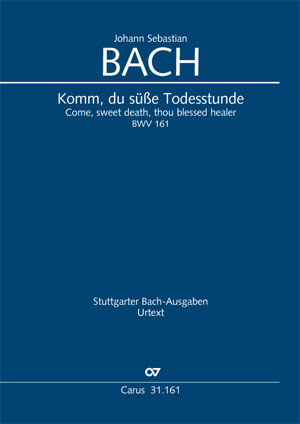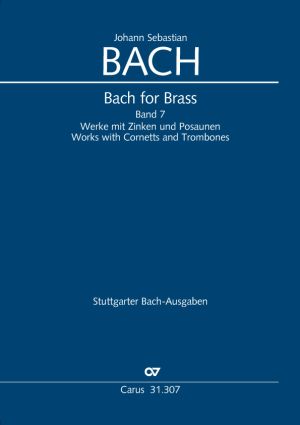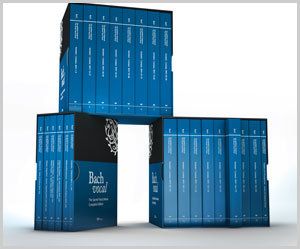In its original form (BWV 8.1), the cantata Liebster Gott, wenn wird ich sterben (Oh my God, when shall I perish) belongs to Bach’s chorale cantata cycle of 1724/25 and was first performed on the 16th Sunday after Trinity (24 September 1724). The opening chorus is dominated by the warm sound of the oboes d’amore. The strings provide a pizzicato accompaniment of broken chords while the flute performs a death knell of very high repeated notes. The chiming of the final hour is also the theme of the following tenor aria, now accompanied by oboe d’amore, in which the death-bells can be heard as staccato eighth notes. After a harmonically remarkable alto accompagnato, the flute takes on a solo role in the joyous and dance-like bass aria that follows. Finally, in the exuberant and unusual concluding chorale (for once with the voices not moving as one), the flute echoes the chorale melody in the upper octave. The original score features two flutes in all movements: An early part for flauto piccolo (a high recorder) and a second for the more common transverse flute. Even today, the first might be the more appealing option, though the second is certainly easier to realize.
Purchase
Additional product information
-
Composer
Johann Sebastian Bach
| 1685-1750Johann Sebastian Bach is one of the most important composers of Western music history. He came from a widely ramified musical dynasty, which produced numerous musicians and organists in the Thuringian-Saxon area.
Bach vocal
Ever since Carus-Verlag was founded in 1972, publishing the music of Johann Sebastian Bach has been a special focus for us. In the 2017 Reformation anniversary year we completed the Bach vocal project. Bach's complete sacred vocal works are now available in modern Urtext editions, together with performance material. A complete edition of all the full scores is also available in a high quality box set. Personal details
-
Editor
Reinhold Kubik
| 1942
-
Songwriter / Librettist
Caspar Neumann
-
Continuo realization
Paul Horn
| 1922-2016Paul Horn war ein deutscher Kirchenmusiker, Organist, Komponist und Musikwissenschaftler. Er studierte Kirchenmusik und Orgel an der Evangelischen Kirchenmusikschule Esslingen am Neckar bei Hans-Arnold Metzger und Musikwissenschaft, Theologie und Geschichte an der Universität Tübingen. Seine berufliche Laufbahn begann als Kantor an der Evangelischen Michaelskirche in Stuttgart-Degerloch. 1954 wurde er Kantor an der Evangelischen Stadtkirche Ravensburg, eine Position, die er bis zu seiner Pensionierung innehatte. Als Musikwissenschaftler arbeitete Horn bis ins hohe Alter eng mit Carus zusammen. So stammen zahlreiche Carus-Klavierauszüge aus seiner Feder. Personal details
-
Translator
Jean Lunn
Frequent questions about this work
 There are no questions and answers available so far or you were unable to find an answer to your specific question about this work? Then click here and send your specific questions to our Customer Services!
There are no questions and answers available so far or you were unable to find an answer to your specific question about this work? Then click here and send your specific questions to our Customer Services!


